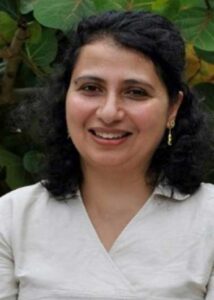Dr. Luna Bharati has over 15 years of post-PhD. experience as a senior scientist and research program manager with extensive international expertise in North America, Europe, South Asia, South-East Asia and West Africa. The key areas of her interests and expertise are in integrated water resources assessment and management. She has also worked extensively in assessing climate change risks and impacts in large river basins to small mountain watersheds and farming systems. Prior to joining the International Center for Water Resources and Global Change (ICWRGC), she was a principal researcher of hydrology and water resources at the International Water Management Institute (IWMI) under CGIAR. Before IWMI, she worked for the Center for Development Research (ZEF) in Bonn, Germany on the Global Change and Hydrological Cycle (GLOWA) project in the Volta Basin, Africa.
Dr. Bharati has a multidisciplinary background with a bachelor’s majoring in Environmental Sciences-Biology and a minor in Economics from Luther College, USA and a Master’s in water resources from Iowa State University, USA. She conducted her doctoral research at the Department of Computational Hydrosystems at the Helmholtz Center for Environmental Research – UFZ in Germany focusing on catchment modeling of surface hydrology, erosion, and nonpoint source (NPS) pollution from agriculture.
She has authored over 100 publications including editing a book and 46 articles in peer reviewed scientific journals.
Dr. Bharati has been involved in capacity building programs all throughout her career e.g. organizing training programs and curriculum development for universities. She completed her Habilitation from the University of Bonn and is involved in teaching Masters and Doctoral courses at ZEF and the Agriculture Sciences and Resource Management in the Tropics and Sub-tropics (ARTS) program at the University of Bonn. She is currently supervising two doctoral students and one Masters student from the University of Bonn.
Dr. Bharati will be the focal point for ICWRGC for the PhD programme to Advance Water Science in Southern Africa under the SASSCAL programme.




